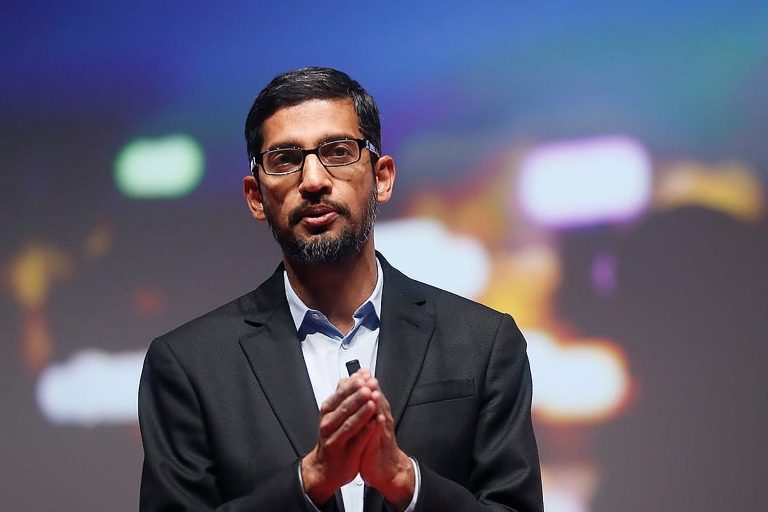Adedoyin Omolara Talks About Election And Democratic Governance In Nigeria

As Nigeria is currently preparing for the 2023 election a lot of questions are been asked as to what impact that will make on the lives of the Nigerian people. In 2022, there is still no better alternative to democracy, but how do we make it work for the people? How do we make democratic governance work in Nigeria? These are what we are going to be talking about in today’s episode of Obehi podcast.
Download the first chapter of The Storytelling Series: Beginners’ Guide for Small Businesses & Content Creators by Obehi Ewanfoh.
The role of Election And Democratic Governance In Nigeria
The role of elections and democratic governance in Nigeria is crucial to the country’s political stability, socio-economic development, and national unity. Since Nigeria’s independence in 1960, the country has struggled with political instability, ethnic and religious tensions, corruption, and economic underdevelopment.
You might also like to read – The Nigerian Election 2023 On The Global Media
Democratic governance provides a platform for citizens to elect their leaders and hold them accountable for their actions. Free and fair elections are essential to democratic governance, and Nigeria has made significant progress in conducting credible elections in recent years. The Independent National Electoral Commission (INEC) is responsible for organizing and conducting elections in Nigeria, and the commission has made efforts to improve the electoral process through voter education, improved technology, and enhanced security measures.
In addition to conducting credible elections, democratic governance involves ensuring that elected officials respect the rule of law, uphold human rights, and promote the welfare of the citizens. The Nigerian Constitution provides for the separation of powers among the executive, legislative, and judicial branches of government, and this principle is essential for ensuring checks and balances in governance.
However, Nigeria still faces significant challenges in promoting democratic governance. Corruption remains a pervasive problem, and there are concerns about the influence of money in politics. In addition, ethnic and religious tensions continue to pose a threat to national unity, and there are fears that political violence could escalate during elections.
Check out also this article – Nigerian Town Hall Debates For 2023 Presidential Election
So, the role of elections and democratic governance in Nigeria is critical to the country’s political stability, socio-economic development, and national unity. While progress has been made in recent years, there is still much work to be done to consolidate democratic governance and ensure that Nigeria’s citizens enjoy the benefits of democratic governance.
Some Key Points In This Episode
- What do people need to know about Election and democratic governance in Nigeria?
- Role of the youth in good governance in Nigeria.
- Recommended solutions on how to archive a people-oriented democracy in Nigeria.
The Full Interview With Adedoyin Omolara
How to achieve good Democratic Governance In Nigeria
Achieving good democratic governance in Nigeria requires concerted efforts by various stakeholders, including the government, civil society, the media, and citizens.
Here is another article you might like – The Role Of History In Building The Nigerian National Identity with Dr. Egodi Uchendu
Here are some key strategies that can help promote good democratic governance in Nigeria:
- Strengthen institutions: Strong institutions are the backbone of democratic governance. Nigeria needs to strengthen its institutions, including the judiciary, legislature, and executive, to ensure that they can perform their functions independently, impartially, and effectively.
- Fight corruption: Corruption is a major obstacle to democratic governance in Nigeria. To promote good governance, the government needs to take strong action to fight corruption, including investigating and prosecuting corrupt officials, and implementing transparency and accountability measures.
- Promote citizen participation: Citizens need to be empowered to participate in the democratic process, including the right to vote, access to information, and the ability to hold elected officials accountable.
- Ensure the rule of law: The rule of law is essential for democratic governance. Nigeria needs to ensure that the law is applied equally to all citizens, and that human rights are respected and protected.
- Enhance media freedom: A free and independent media is essential for democratic governance. Nigeria needs to promote media freedom, including protecting journalists from harassment and ensuring that media outlets can operate without interference.
- Foster inter-ethnic and religious harmony: Nigeria is a diverse country, with many different ethnic and religious groups. Promoting inter-ethnic and religious harmony is critical to maintaining national unity and ensuring that democratic governance can flourish.
Achieving good democratic governance in Nigeria will require sustained effort and cooperation from all stakeholders. By strengthening institutions, fighting corruption, promoting citizen participation, ensuring the rule of law, enhancing media freedom, and fostering inter-ethnic and religious harmony, Nigeria can build a strong democracy that serves the interests of all its citizens.
About The Guest: Adedoyin Omolara
Adedoyin Omolara is a practitioner in Security Sector Reforms and Governance and Social Policy. She holds a master’s degree in Peace and Conflict Studies from the University of Ibadan with a strong Research interest in Conflict Analysis, Democratic Governance, and Peace studies.
Check out also this article – We Can Start Remaking Nigeria In 2023 by Austin Isikhuemen
A Student Associate member of the Society for Peace Studies and Practices and also a member of the Institute of Peace and Strategic Studies. She holds a foreign language certificate in French from Institut de Langue.
Connect with Adedoyin Omolara on her LinkedIn page
Learn More About Obehi Podcast
Obehi Podcast brings you leaders and experts from different industries to share their experiences, relating to Africa and the African diaspora. Listen to Obehi Podcast across different platforms: Spotify, Apple Podcast, YouTube, and much more.
Download the first chapter of The Storytelling Series: Beginners’ Guide for Small Businesses & Content Creators by Obehi Ewanfoh.




